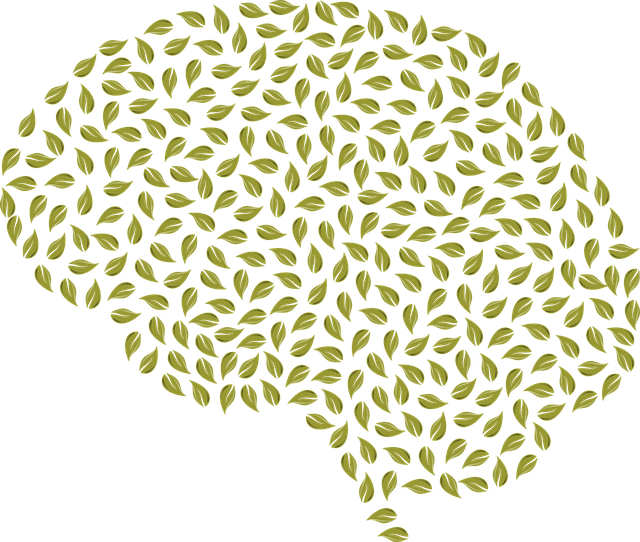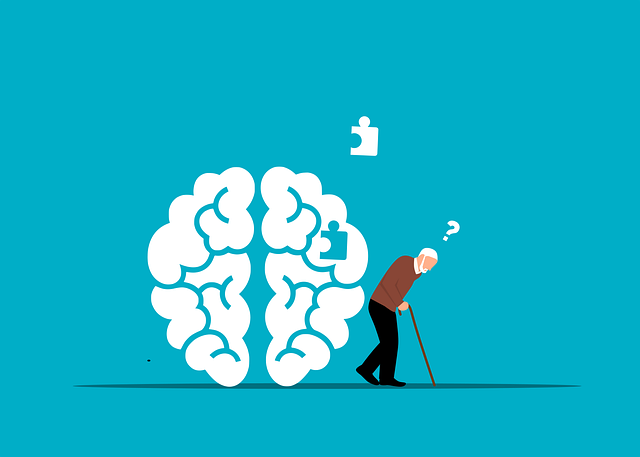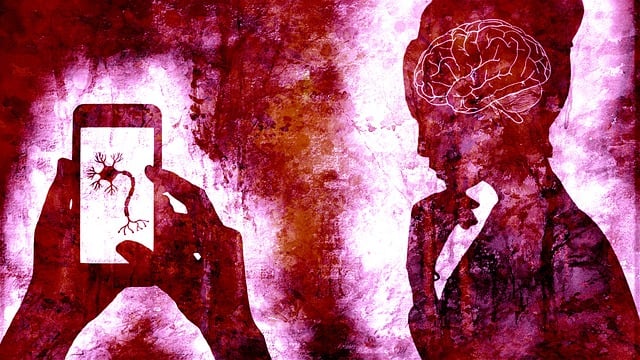Dissociative disorder in adolescent teens presents a complex mental health challenge requiring specialized understanding and therapeutic approaches, focusing on cultural competency, empathy-building, and crisis intervention. Key components of effective treatment include recognizing signs, training in cultural sensitivity, fostering safety in therapeutic relationships, and integrating mindfulness techniques. Cultural competency, crucial for improving outcomes, involves tailoring approaches based on individual patients' ethnic, racial, or socio-economic contexts. Effective communication, self-care routines, and a holistic approach benefit both providers and teens, leading to positive therapy outcomes for dissociative disorder among adolescents.
Healthcare provider cultural competency training is a vital tool in addressing the unique needs of adolescent teens with dissociative disorder. This comprehensive guide explores the critical role of cultural sensitivity in teen mental health, offering insights into effective communication strategies and real-world case studies. By understanding dissociative disorder and implementing tailored care, healthcare professionals can significantly enhance therapy outcomes for young individuals navigating this complex condition.
- Understanding Dissociative Disorder in Adolescent Teens
- The Role of Cultural Competency in Healthcare for Teen Mental Health
- Strategies for Effective Communication and Care Delivery
- Case Studies: Successful Implementation of Cultural Competency Training
Understanding Dissociative Disorder in Adolescent Teens

Dissociative Disorder in Adolescent Teens is a complex mental health challenge that requires specialized understanding and therapeutic approaches. This disorder often presents during adolescence, when individuals are navigating critical periods of identity formation and emotional development. Recognizing the signs and symptoms is essential for healthcare providers to offer effective therapy for adolescent teens affected by Dissociative Disorder.
Training in cultural competency is vital, emphasizing the need for empathy-building strategies tailored to this demographic. Mind Over Matter principles can be particularly impactful, helping teens develop coping mechanisms and enhance their ability to manage traumatic experiences. Crisis intervention guidance is also crucial, equipping providers with tools to support adolescents during acute episodes while fostering a sense of safety and trust in therapeutic relationships.
The Role of Cultural Competency in Healthcare for Teen Mental Health

Cultural competency is a vital aspect of healthcare that significantly impacts adolescent mental health outcomes, particularly for those dealing with dissociative disorders. In today’s diverse society, it’s essential for healthcare providers to understand and appreciate the cultural backgrounds of their young patients. Teenagers from different ethnic, racial, or socio-economic groups may approach seeking therapy for adolescent teens dissociative disorder differently due to ingrained cultural values, beliefs, and practices. For instance, some cultures emphasize community involvement in healing processes, while others prioritize individualistic expressions of distress.
By incorporating cultural competency into mental health education programs design, healthcare providers can effectively utilize stress reduction methods tailored to each patient’s cultural context. This approach not only enhances therapy for adolescent teens dissociative disorder but also fosters better communication and trust between provider and patient. Moreover, conflict resolution techniques that respect cultural nuances can help address any potential barriers in treatment, ensuring young people receive the care they need without feeling misunderstood or alienated.
Strategies for Effective Communication and Care Delivery

Effective communication is a cornerstone of successful healthcare delivery, especially when treating adolescents with dissociative disorders. Cultural sensitivity in mental healthcare practice allows providers to create a safe and supportive environment for teens from diverse backgrounds. By understanding and respecting individual cultural beliefs and values, therapists can tailor their approach to meet unique needs without imposing their own biases or assumptions. This not only enhances the therapeutic process but also fosters trust between patient and provider.
Integrating strategies for burnout prevention is crucial for healthcare providers in this field. Self-care routine development for better mental health is a key component of sustaining resilience over time. By prioritizing self-care, mental health professionals can maintain clarity, empathy, and energy, enabling them to offer consistent, compassionate care to adolescent teens grappling with dissociative disorders. This holistic approach ensures that both the provider and patient benefit from therapy, paving the way for positive outcomes in treatment.
Case Studies: Successful Implementation of Cultural Competency Training

In recent years, healthcare providers have increasingly recognized the importance of cultural competency training to improve patient outcomes. Successful implementation of such programs has led to notable improvements in care, particularly for marginalized communities and adolescents facing complex mental health challenges. For instance, a case study focusing on urban clinics revealed that targeted training sessions enhanced doctors’ ability to diagnose and treat teens struggling with dissociative disorder. By incorporating cultural sensitivity into clinical practice, healthcare workers became more adept at recognizing the unique needs of these young individuals, often from diverse ethnic backgrounds.
This shift in approach has been instrumental in fostering resilience building among adolescents, a key aspect of their therapy for dissociative disorder. Mindfulness meditation and mood management techniques, integrated into treatment plans following cultural competency training, have shown promise in mitigating symptoms and improving overall well-being. These interventions not only address the immediate healthcare needs but also empower teens to develop coping mechanisms that enhance their ability to navigate life’s challenges.
Cultural competency training is a game-changer in healthcare, especially for adolescent teens with dissociative disorder. By equipping providers with strategies like effective communication and tailored care delivery, we enhance therapy outcomes. The case studies presented demonstrate that such training enables professionals to navigate the complex landscape of teen mental health, fostering a vibrant and supportive environment. In today’s diverse world, this approach ensures equitable access to quality healthcare for all adolescents seeking therapy for dissociative disorder.












